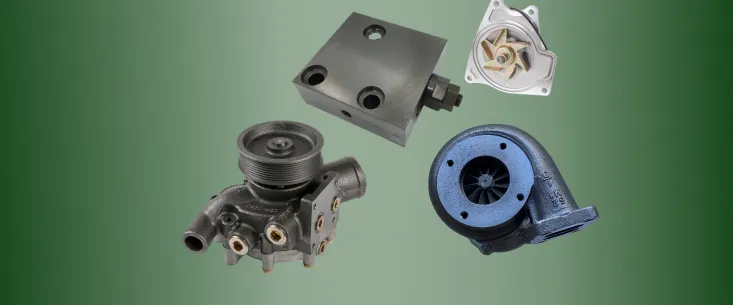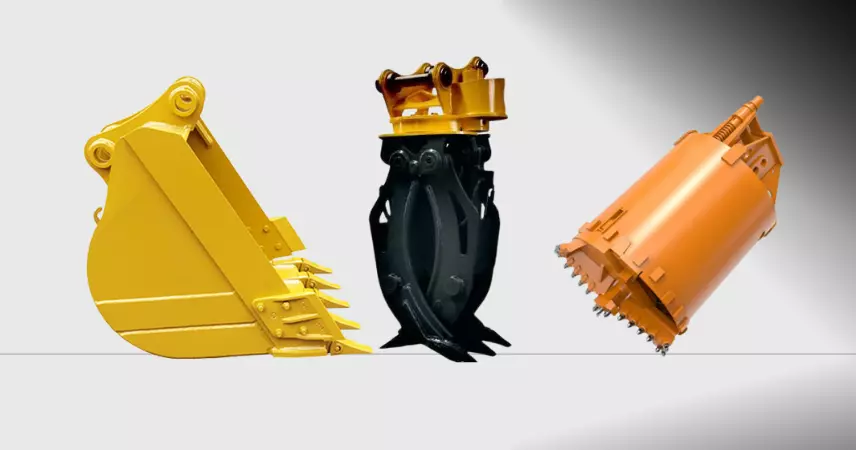+86-135 3388 0668
The Mechanics and Benefits of Hydraulic Press Pumps

In the modern world, industries demand machinery that is not only precise but also capable of handling significant loads with minimal energy consumption. This is where hydraulic press pumps come into play. These powerful systems have revolutionized the way many sectors perform operations involving the application of force, such as pressing, bending, forming, and compacting materials. Whether in manufacturing, automotive, metalworking, or even in everyday applications, hydraulic press pumps are indispensable for achieving high efficiency, accuracy, and productivity.
How Hydraulic Press Pumps Work
At the core of a hydraulic press pump is the fundamental principle of hydraulics: the transmission of force through pressurized fluid. hydraulic systems operate based on the incompressibility of liquids, meaning that force applied to a fluid in one part of a system can be transferred and amplified elsewhere within the same system. The press pump harnesses this principle by using a pump to push hydraulic fluid through cylinders, generating immense amounts of force. This force is then applied to a piston or plunger, which transfers the pressure onto the material being processed.

In a typical hydraulic press, the pump is responsible for creating the pressure that is then used to drive the pistons, which in turn apply a high level of force to shape or deform materials like metals, plastics, and even wood. These systems are capable of producing forces ranging from a few tons to thousands of tons, depending on the application and size of the press pump.
Advantages of Hydraulic Press Pumps
The use of hydraulic press pumps has several key advantages that make them the preferred choice in industrial applications. Here are some of the major benefits:
High Force Generation: One of the most notable advantages of hydraulic press pumps is their ability to generate substantial force with relatively compact machinery. The power of hydraulic systems lies in their ability to magnify small amounts of energy into immense pressure, making them ideal for tasks that require significant force, such as metal forming, stamping, and molding.
Precision and Control: Hydraulic press pumps offer precise control over the force being applied, allowing operators to adjust parameters such as pressure, speed, and stroke length. This level of control is critical when working with delicate or intricate components that require exact specifications. The smooth, steady application of force helps prevent damage to the materials and ensures that the final product meets stringent quality standards.
Efficiency and Cost-Effectiveness: Hydraulic systems are incredibly efficient, allowing industries to achieve high levels of productivity without incurring substantial energy costs. Since hydraulic press pumps are powered by fluids, they require less energy to operate compared to other types of machinery that rely on electric motors or mechanical components. Moreover, they are often more durable, which reduces maintenance and replacement costs over time.
Versatility in Applications: Hydraulic press pumps are incredibly versatile and can be used across various industries, from automotive manufacturing to food processing. Their ability to work with a wide range of materials and applications makes them an indispensable tool for any business involved in manufacturing or materials processing.
Compact Design: Hydraulic press pumps are often more compact compared to other force generation systems. This allows them to fit into confined spaces and still provide the necessary force and precision. The space-saving design is especially beneficial in environments where floor space is limited, and a smaller footprint is required.
Safety and Reliability: Safety is a paramount concern in industrial operations, and hydraulic systems excel in this regard. With hydraulic press pumps, force is applied smoothly and evenly, minimizing the chances of sudden, uncontrolled movements that could potentially harm operators or damage equipment. Furthermore, hydraulic press pumps are known for their reliability, as they can continue operating for extended periods without failure.
Exploring Hydraulic Press Pump Applications and Future Trends
The versatility of hydraulic press pumps extends beyond simple applications in industrial manufacturing. Their ability to handle complex tasks with high precision has led to their adoption across a broad range of industries, each of which benefits from the force and efficiency these pumps offer. Below are some key areas where hydraulic press pumps are making a significant impact.
Key Applications of Hydraulic Press Pumps
Metalworking and Manufacturing
One of the primary industries that rely heavily on hydraulic press pumps is metalworking. These pumps are used for various applications, including metal stamping, forging, bending, and forming. For example, hydraulic presses are used to shape and mold car parts, such as bumpers, frames, and body panels, all of which require a precise application of force to ensure that they meet quality standards.
Hydraulic press pumps are also integral to the production of metal components used in machinery and electronics. In metal stamping, these pumps allow manufacturers to press metal sheets into specific shapes with high precision, enabling the creation of intricate designs and patterns with minimal waste material.
The automotive sector benefits greatly from hydraulic press pumps, especially in the production of car parts and components. Hydraulic presses are used in the production of everything from engine blocks to body panels, and the precision with which these pumps operate ensures that each part is molded or stamped to the highest standards.
Moreover, hydraulic press pumps are used for assembly processes, such as pressing bearings, bushings, and other components into place. This application is crucial for ensuring that parts are correctly positioned and secured within the car’s frame, preventing potential defects during the later stages of manufacturing.
In the plastic molding industry, hydraulic press pumps are used for compression and injection molding. By applying pressure, the pumps help shape molten plastic into specific molds, which is essential in creating items such as plastic containers, household items, and even medical devices. The consistency and precision of hydraulic systems allow manufacturers to produce high-quality plastic products at scale.
Woodworking and Furniture Production
The woodworking industry also makes extensive use of hydraulic press pumps. They are used for tasks such as pressing veneers onto wood, bending and shaping wood into intricate patterns, and creating laminate flooring. Hydraulic presses allow for the precise application of force required to manipulate wood fibers without damaging the material, resulting in higher-quality finishes and products.
The aerospace and defense industries demand incredibly high standards when it comes to the manufacturing of parts and equipment. Hydraulic press pumps are used to form complex shapes from materials like titanium, aluminum, and high-strength alloys. These materials are essential for constructing parts that must withstand extreme conditions, and hydraulic press pumps provide the necessary force and precision to mold these materials with great accuracy.
Future Trends and Innovations in Hydraulic Press Pumps
As industries continue to evolve, the demand for even more efficient, powerful, and precise hydraulic press pumps grows. Several trends and innovations are shaping the future of hydraulic press pumps, ensuring that they remain at the forefront of industrial technology:
Smart Hydraulic Systems: The integration of smart sensors and automation technology into hydraulic press pumps is one of the most exciting developments. Smart hydraulic systems can monitor the pressure, temperature, and performance of pumps in real-time, making it possible to predict failures before they occur and improve overall maintenance schedules.
Energy Efficiency and Sustainability: As industries increasingly focus on sustainability, hydraulic systems are becoming more energy-efficient. Manufacturers are developing pumps that consume less energy while maintaining high performance, which reduces costs and minimizes environmental impact.
Customization and Modular Designs: The future of hydraulic press pumps is moving toward more customizable and modular designs. Manufacturers can now tailor hydraulic systems to specific needs, offering more flexibility and precision in a wide range of applications.
In conclusion, hydraulic press pumps continue to play a crucial role in various industries, offering high-force capabilities, precision, and efficiency. As technological advancements continue to shape their development, we can expect even greater improvements in performance, sustainability, and adaptability. For industries looking to streamline operations and enhance productivity, hydraulic press pumps are a powerful tool that will remain indispensable for years to come.
Search
Blog & News